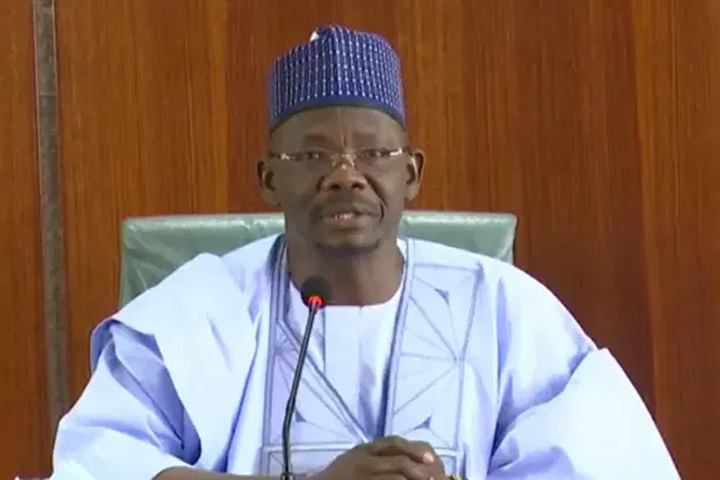India and Pakistan on Saturday, May 10, have reached an agreement on a ceasefire following four days of heightened military conflict along their shared border.
The escalation had involved a series of drone and missile strikes.
These began after India launched attacks on Pakistan in retaliation for the killing of Indian tourists by militants in the Indian-administered region of Kashmir.
Pakistan, however, denied any involvement in the attacks on the Indian tourists.
The situation reportedly intensified overnight, with both sides trading accusations of targeting each other’s military installations, including airbases.
This escalation led to significant international concern, prompting widespread calls for restraint and dialogue.
US President Donald Trump announced on social media that both India and Pakistan had agreed to a “full and immediate ceasefire.”
This followed what he described as “a long night of talks.”
The ceasefire was subsequently confirmed by official statements from both New Delhi and Islamabad.
India’s military strikes on Wednesday acted as a trigger for the latest flare-up, drawing immediate appeals for calm from the global community.
The United Nations and various world leaders urged both countries to de-escalate the situation and avoid further military engagement.
US Secretary of State Marco Rubio disclosed that India and Pakistan had agreed to begin comprehensive talks addressing a broad array of issues.
These discussions are set to take place at a neutral location.
Rubio revealed that he, alongside US Vice-President JD Vance, had spent the preceding 48 hours in intense diplomatic discussions.
The discussions held with top-level officials from both nations.
These included direct engagements with Indian Prime Minister Narendra Modi and Pakistani Prime Minister Shehbaz Sharif.
The Kashmir region has long been a source of tension between India and Pakistan.
Since gaining independence from British rule in 1947 and undergoing partition, both countries have laid claim to the territory.
The dispute over Kashmir has already led to two full-scale wars between the nuclear-armed neighbours, and periodic skirmishes and cross-border shelling have remained common.
Indian External Affairs Minister S. Jaishankar announced that both sides had reached an “understanding on stoppage of firing and military action.”
He reiterated India’s firm position against terrorism and stated that India would continue to uphold this policy without compromise.
“India has consistently maintained a firm and uncompromising stance against terrorism in all its forms and manifestations.
It will continue to do so,” Jaishankar emphasized.
Pakistan’s Deputy Prime Minister, Ishaq Dar, also confirmed the ceasefire agreement.
He emphasized his country’s longstanding commitment to regional peace and stability.
He stressed, however, that this commitment would never come at the cost of Pakistan’s sovereignty or territorial integrity.
“Pakistan has always strived for peace and security in the region, without compromising on its sovereignty and territorial integrity,” Dar stated.
The breakthrough appears to be the result of intense international mediation.
The United States supposedly played a key role in bringing both sides to the negotiating table.
The fact that both nations agreed to an immediate ceasefire and to initiate formal talks marks a significant step toward reducing tensions in one of the world’s most volatile regions.
Though the situation remains fragile, the current ceasefire offers a crucial opportunity for India and Pakistan to shift from conflict toward dialogue.
The coming days are likely to focus on ensuring that the truce holds and that diplomatic channels remain open and productive.
Observers hope that the proposed talks will provide a platform to address not only the immediate causes of this latest escalation, but also the underlying issues, particularly the longstanding dispute over Kashmir.
The agreement, while tentative, supposedly reflects a broader recognition by both governments.
It also reflects recognition by the international community.
Together, they all recognize the need to avoid further confrontation between two nations possessing nuclear weapons.
The world will now be watching closely to see whether this diplomatic momentum can be sustained and transformed into long-term stability in the region.













